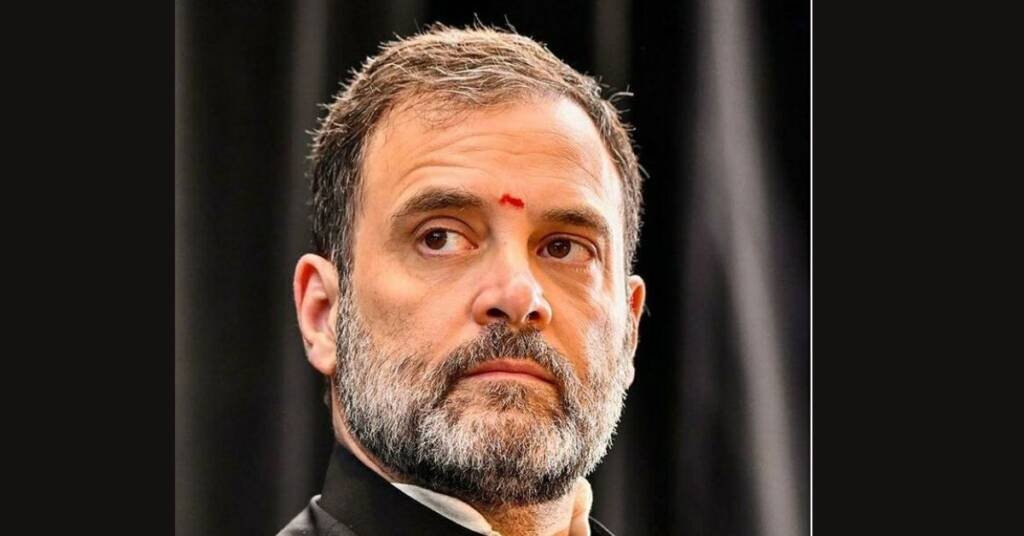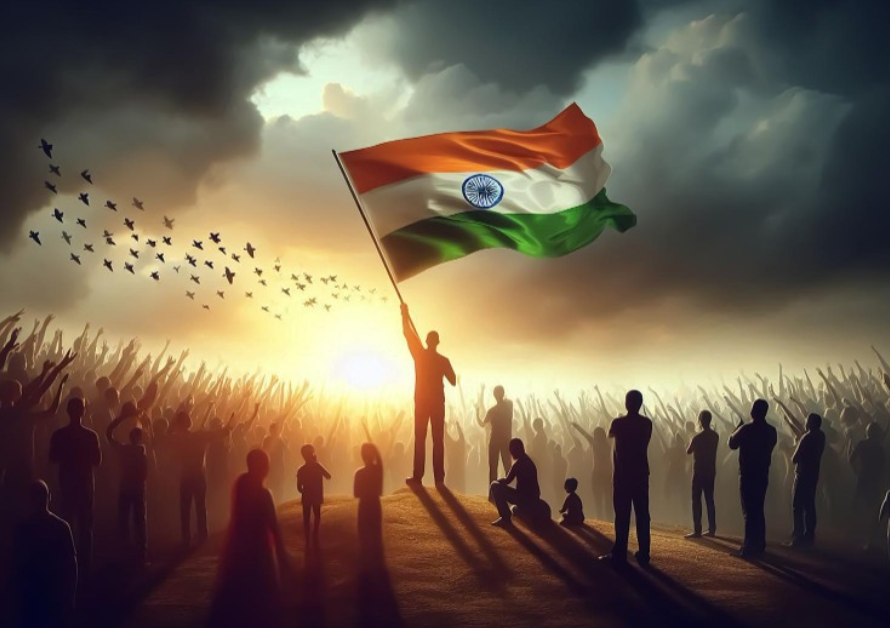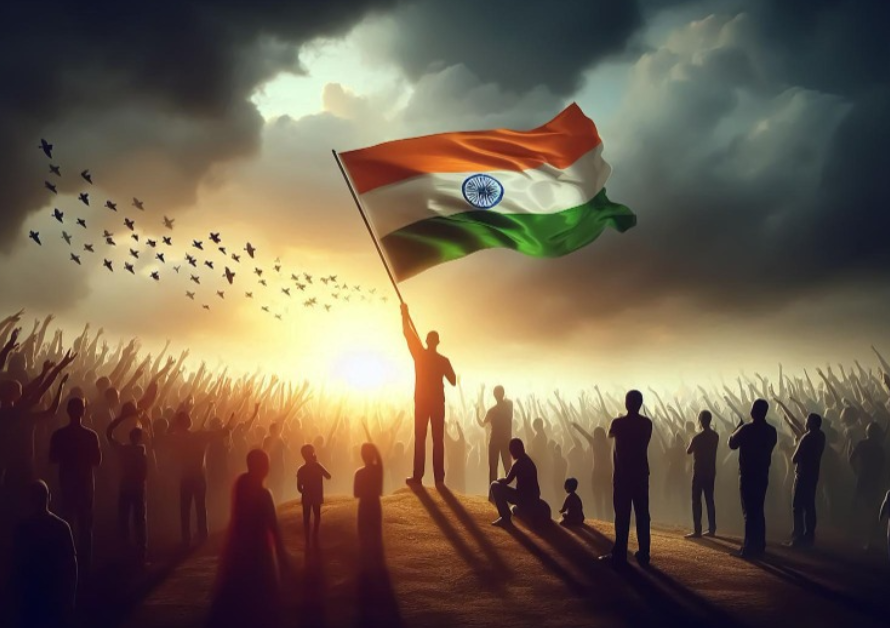India, a vibrant democracy with rich cultural heritage, faces internal challenges that threaten its stability and integrity. Allegations about Rahul Gandhi being influenced by the deep state to foster unrest and instability highlight the urgency of the situation. This narrative touches upon political maneuvers, institutional inefficiencies, and systemic challenges that need immediate attention.
The Deep State’s Agenda: Instigating Chaos Through Rahul Gandhi
Rahul Gandhi’s Role in Destabilization
Rahul Gandhi’s critics argue that his political actions are not independent but guided by unseen forces seeking to destabilize India. From inflammatory statements to controversial alliances, his moves often appear aligned with agendas that undermine national unity.
- Frequent Allegations of Divisive Politics: His rhetoric often polarizes communities, creating an atmosphere of mistrust and discontent.
- Global Narratives Against India: Rahul Gandhi’s public criticism of India on international platforms raises questions about his priorities, often painting the country in a negative light while empowering its detractors.
Congress Party’s Survival Strategy
The Congress party, struggling to regain relevance, has been accused of aligning with questionable entities and ideologies to secure votes and regain power. Critics claim:
- It has, in the past, compromised national security for political gain.
- It employs divisive strategies to weaken opposition and create instability, using these conditions to portray the ruling party as ineffective.
Institutional Challenges: A Judiciary and Bureaucracy Under Scrutiny
Judicial Inaction
The judiciary, a cornerstone of India’s democracy, is perceived by some as hesitant in addressing clear evidence against individuals and organizations accused of promoting unrest. This raises significant questions:
- Are political biases influencing judicial decisions?
- Is there a lack of urgency in addressing matters of national security and stability?
Bureaucratic Resistance
India’s bureaucracy is often described as being infiltrated by ideologies that oppose nationalist policies.
- Leftist Influence: Certain sections of the bureaucracy are seen as obstructing pro-nationalist reforms.
- Legacy of Congress Rule: Decades of Congress-led governments are believed to have entrenched a culture of inefficiency and bias, which now hinders swift action against destabilizing forces.
A Missed Opportunity: Lok Sabha Elections and Reform Delays
The outcome of the last Lok Sabha elections is viewed as a missed chance for decisive constitutional and legislative reforms.
- Potential for Comprehensive Reforms: A stronger mandate could have enabled the government to implement a Uniform Civil Code, strengthen anti-corruption measures, and curb the influence of divisive ideologies.
- Resistance in Parliament: Opposition-led disruptions, especially through mechanisms like the Joint Parliamentary Committees (JPCs), have slowed down critical policy decisions.
Dependency on Armed Forces: A Warning Sign
India’s armed forces are highly respected for their role in safeguarding the nation. However, over-reliance on them for internal security exposes vulnerabilities in civil governance.
- Need for Strengthened Law Enforcement: Civil institutions must take a leading role in ensuring internal peace, reducing dependence on the military for domestic challenges.
- Building Intelligence Capabilities: A robust internal security framework is essential to preempt threats and maintain stability.
Steps Towards a Stronger Nation
Educating the Public
- Voter Awareness Campaigns: Ensure citizens understand the consequences of their electoral choices.
- Countering Propaganda: Develop strategies to debunk misinformation and expose anti-national agendas.
Judicial and Bureaucratic Reforms
- Transparent Judiciary: Introduce reforms to ensure impartiality in judicial processes.
- Accountable Bureaucracy: Implement measures to track and address inefficiencies and biases in governance.
Political Unity Among Nationalist Forces
- Unified Opposition to Destabilizing Elements: Pro-nationalist parties and groups must collaborate to counter divisive forces.
- Empowering State Governments: A stronger BJP presence across states can help implement consistent policies nationwide.
Accelerating Legislative Reforms
- Uniform Civil Code (UCC): Push for the implementation of UCC to ensure equality and unity across communities.
- Amendments to Address National Security: Strengthen laws to curb corruption, separatist activities, and misuse of democratic freedoms.
Strengthening Civil Governance
- Enhanced Law Enforcement: Invest in training and equipping local police forces.
- Building Resilient Institutions: Promote transparency and accountability in governance at all levels.
The Broader Implications: What Lies Ahead?
If these challenges are not addressed promptly, India risks slipping into a state of chronic instability. The potential for unrest and division could derail the nation’s growth trajectory, jeopardizing its position on the global stage.
“Take up one idea. Make that one idea your life—think of it, dream of it, live on that idea. Let the brain, muscles, nerves, every part of your body, be full of that idea, and just leave every other idea alone. This is the way to success.”
India must act decisively to counter these threats by empowering its institutions, uniting its citizens, and fostering a culture of accountability and national pride. The nation cannot afford to let divisive forces dictate its future.
As Swami Vivekananda once said:
Let India’s success lie in its unity, resilience, and unwavering commitment to justice and progress.
Jai Hind! Jai Bharat!







